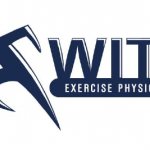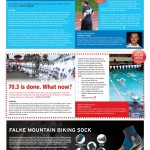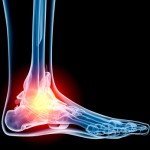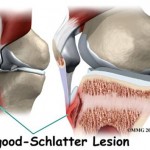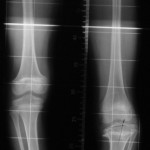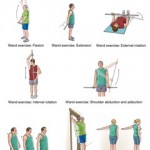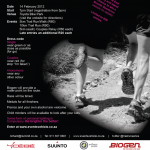New WITS Exercise Physiology Lab study in Cyclists by Aletta Esterhuyse The Wits Exercise Lab has a new and very exciting study on comparing energy drinks ingested during cycling to investigate differences in energy metabolism and of cause cycling performance. This study will help you to understand what is truly the best mix for your racing […]
Tweet
By Andries Lodder for TriathleteSA Magazine Dec|Jan 2012 Issue Is your training weakening your aerobic metabolism? Blood pressure (BP) and cholesterol are used as predictors of potential disease, whereas fitness is a predictor of health. The healthier you are, the less chances you have of cardiovascular or respiratory diseases. We get our BP and cholesterol […]
Tweet
By Andries Lodder for Modern Athlete Magazine Feb 2012 Issue Backwards Running: Fact or Fiction? Question: I have heard so much about Backwards Running, but I’m not even sure what it is and if it is a fact or fiction. Answer: During locomotion the most involved joint of the lower body is the patello-femoral joint. […]
Tweet
What’s that pain? When your first few steps out of bed in the morning cause severe pain in the heel of your foot, you may have plantar fasciitis. It is one of the most common foot problems. Plantar fasciitis is inflammation due to repeated overstretching of the plantar fascia ligament, usually at the point where […]
Tweet
Overuse injuries are increasing among young athletes. This type of injury is the result of an increasing load on the musculoskeletal structures. The problem develops over time due to repeated stress and can be very painful and frustrating that leads to a chronic problem. Osgood Schlatter disease: Inflammation and swelling at the site of insertion […]
Tweet
By Dr. Bradley Waterer for Bio4Me Is this leg longer? Leg Length Inequality is extremely common. It may either be structural (where the bone in one leg is actually longer) or functional (where the problem is due to abnormal pelvic positioning). Research indicates that Functional Leg Length Inequality (FLLI) exists in approximately 61% of the […]
Tweet
Wand Exercises Flexion: Stand upright and hold a stick in both hands, palms down. Stretch your arms by lifting them over your head, keeping your elbows straight. Hold for 5 seconds and return to the starting position. Repeat 10 times. Extension: Stand upright and hold a stick in both hands behind your back. Move the […]
Tweet
During locomotion the most involved joint of the lower body is the patello-femoral joint. Forming part of this joint is the patella, which is a sesamoid bone that reduces patello-femoral stresses, as well as increases the lever arm of the quadriceps muscles. The quadriceps muscle is the dynamic stabilizer of the patello-femoral joint. This joint […]
Tweet
